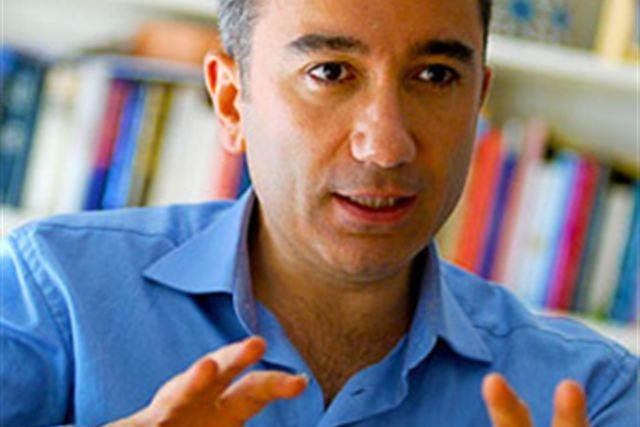Recalling Turkey’s ‘post-modern coup’

Date posted: February 29, 2012
MUSTAFA AKYOL, February/29/2012
Yesterday was Feb. 28, or the 13th anniversary of Turkey’s “post-modern coup.” And it is worth remembering today what this was all about.
| In June 1997 the generals declared a long list of companies that were “backward-minded” (i.e., too religious) and promoted boycotts of their products. Islamic spiritual leaders such as Fethullah Gülen were put on trial for “establishing anti-secular organizations.” Some “undesirable” journalists were fired, and several were even discredited with fake documents prepared by the military. |
The date Feb. 28, which has become a political term in Turkey, comes from the National Security Council (NSC) meeting that took place on Feb. 28, 1997. Then, unlike now, the NSC meetings were the medium where Turkey’s fervently Kemalist generals dictated their policies to elected governments. That particular NSC meeting was historic, for it included not only a military ultimatum given to the government of Necmettin Erbakan, Turkey’s first overtly Islamist prime minister, but also the beginning of a “process” that would target anyone who stood in the military’s way.
In fact, the whirlwind had begun to gather as early as December 1995 when general elections were won by Erbakan’s Islamist Welfare Party by a margin of 21 percent. But two “center-right” parties entered the Parliament as well whose seats were slightly less than that of the Welfare Party.
So Erbakan had to work until June 1996 to build a coalition with one of those center-right parties, the True Path Party of Tansu Çiller, who had previously been Turkey’s first female prime minister. This dual government would last for a year, during which Erbakan found the chance to implement only a few of his ideas, such as building closer ties with other Muslim countries and hosting receptions for “tarikat” (Islamic sect) leaders in his official residence – all shocking to the secular establishment. What provoked the secularists even more was Erbakan’s rhetoric, and that of his party members, which seemed to herald an Islamist regime.
In response to this Islamist challenge, the military stepped in “to save the secular republic” from the citizens who were not secularist enough. The plan the generals imposed to Erbakan at the NSC included harsh measures against “religious backwardness,” such as banning the headscarf and closing down religious schools. Soon, they orchestrated the whole Kemalist “center” – the bureaucracy, the judiciary, the universities and the mainstream media – to force the Erbakan government to resign, then to close down the Welfare Party, and finally to crack down on Islamic groups and their resources.
In June 1997 the generals declared a long list of companies that were “backward-minded” (i.e., too religious) and promoted boycotts of their products. Islamic spiritual leaders such as Fethullah Gülen were put on trial for “establishing anti-secular organizations.” Some “undesirable” journalists were fired, and several were even discredited with fake documents prepared by the military.
Meanwhile, certain members of the Welfare Party, including its rising star Recep Tayyip Erdoğan, then mayor of Istanbul, were given prison terms for “inciting hatred” against the Kemalist regime. “Erdoğan’s political career is over,” some newspapers wrote happily in September 1998. “From now on, he can’t even be a local governor.” (The roots of Erdoğan’s distaste with Turkey’s mainstream secular media lie partly here.)
The speech that earned Erdoğan a 10-month prison term was indeed harsh, but it also included an interesting remark that hinted at the direction he would follow: “Western man has freedom of belief,” Erdoğan said. “In Europe there is respect for worship, for the headscarf. Why not in Turkey?”
This was a sign that, in the aftermath of the post-modern coup, a post-modern Islamic view would emerge, which would orient itself toward the European Union and its democratic norms rather than the utopian Islamism or Erbakan.
Thanks to that transformation, the post-modern coup failed miserably. One of the generals who devised it had arrogantly predicted their system would “last for a thousand years.” But it lasted only for five years, until November 2002, when Erdoğan’s AKP came to power decisively.
Source: Hurriyet Daily News http://www.hurriyetdailynews.com/recalling-turkeys-post-modern-coup-.aspx?pageID=449&nID=14884&NewsCatID=411
Tags: Military coups in Turkey |
























